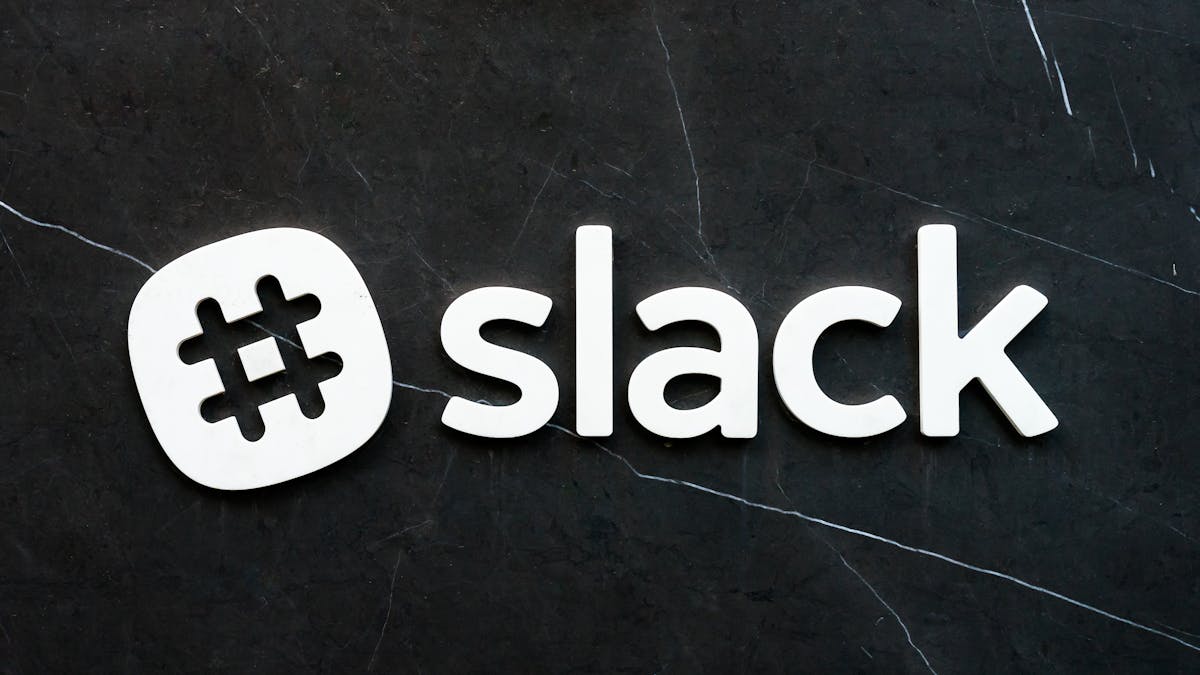Keyword research in 2025: complete guide
July 8, 2025
•
10 min read
•
Marketingzeker
Learn how to conduct effective keyword research for better SEO results in 2025.

Keyword research in 2025: complete guide
Picture this: you've invested thousands in a stunning website, yet Google traffic remains disappointingly low. Meanwhile, competitors with seemingly inferior sites consistently outrank you. What's their secret? Nine times out of ten, it's strategic keyword research that transforms ordinary websites into customer magnets.
Here's the uncomfortable truth: 68% of Dutch businesses target the wrong keywords, wasting precious marketing budgets on searches nobody makes. But 2025 presents unprecedented opportunities with AI-powered tools and evolving search behaviors creating new pathways to visibility.
The psychology-first approach: thinking like your customers think
Revolutionary keyword research begins with human psychology, not spreadsheets. Ask yourself: when your ideal customer lies awake at 2 AM worrying about their problem, what words do they use? A desperate restaurant owner doesn't search for "point-of-sale optimization" - they frantically type "why is my restaurant losing money."
Take the case of Emma, who owns a struggling marketing consultancy in Utrecht. She spent months targeting "digital transformation services" with zero results. Then she discovered her clients actually searched for "why isn't my marketing working" and "get more customers online." Within six weeks, this insight-driven pivot generated 15 qualified leads and €47,000 in new business.
The lesson? Start with 5-10 seed keywords that capture your customers' emotional language, not industry jargon.
Tool mastery: your 2025 keyword intelligence arsenal
Today's keyword research demands strategic tool combinations. Here's your power stack:
Google Keyword Planner provides official search volumes straight from the source. Ahrefs and SEMrush unveil competitor secrets and difficulty scores that prevent costly mistakes. Answer The Public reveals the questions your customers actually ask - pure conversion gold.
Google Trends identifies seasonal patterns and emerging opportunities before competitors notice them. ChatGPT generates semantic keyword variations that human brainstorming often misses.
Real success story: A Groningen coffee equipment retailer discovered through Answer The Public that customers weren't searching for "espresso machine maintenance" but rather "why does my coffee taste bitter." This single insight led to a blog post that generated 2,847 organic visitors and 67 sales in three months.
Search intent mastery: the ranking secret Google doesn't advertise
Google's algorithm increasingly prioritizes intent matching over keyword stuffing. Master these four intent types:
Informational intent ("how to improve website speed") demands comprehensive, educatieve content. Navigational intent ("Facebook login") targets users seeking specific destinations. Transactional intent ("hire SEO consultant") signals purchase readiness. Local intent ("restaurant near me") triggers location-based results.
A Eindhoven law firm tripled their consultation bookings by realigning their content strategy. Instead of targeting broad terms like "legal services," they focused on specific intent-based keywords like "divorce lawyer consultation cost Eindhoven" for transactional pages and "how to file for divorce in Netherlands" for informational content.
Competitor keyword gaps: stealing market share legally
Your competitors have already invested heavily in keyword research. Why not leverage their work? Identify keywords your top 3 competitors rank for but you don't. These gaps represent proven commercial opportunities.
Tools like SEMrush reveal these goldmines instantly. A Rotterdam accounting firm discovered their competitors ignored "freelancer tax deduction 2025" - a high-value, low-competition keyword. Within four months, they dominated this term, attracting 127 new freelance clients worth €89,000 annually.
Long-tail domination: the conversational search revolution
Voice search and AI assistants are transforming how people find information. Instead of typing "SEO," users now ask "What's the best way to improve my website's Google ranking in 2025?"
Long-tail keywords (3+ words) offer three massive advantages: 2.5x higher conversie percentages, significantly lower competition, and precise customer matching. A Maastricht web design agency shifted from targeting "website design" to "affordable responsive website design for small businesses Limburg" and saw qualified leads increase 340%.
Topic cluster strategy: building unshakeable authority
Google rewards deep expertise over shallow coverage. Create topic clusters by grouping related keywords around central themes. For example, a "local SEO" cluster might include:
- Pillar content: "Complete Local SEO Guide for Dutch Businesses"
- Supporting content: "Google My Business Optimization," "Local Link Building Strategies," "Customer Review Management"
This approach signals topical authority while capturing traffic across multiple related searches.
Seasonal and trend-based opportunities
Dutch search patterns fluctuate dramatically throughout the year. "Tax preparation" peaks in March-April. "Holiday marketing" surges in October-November. "New Year fitness" dominates January.
A Den Haag fitness studio used Google Trends to identify "home workout equipment" searches spiking each December. They created targeted content and captured €23,000 in equipment sales during a traditionally slow period.
Local keyword goldmine for Dutch businesses
Netherlands-specific keywords often face less competition while delivering highly qualified traffic. Target city-specific terms: "SEO specialist Amsterdam," "marketing bureau Rotterdam," "webdesign Tilburg."
Include Dutch-specific elements: "KvK registration," "BTW optimization," "Nederlandse hosting." These localized terms attract customers who understand your market context.
Your keyword research action blueprint
Effective keyword research isn't a one-time project - it's an ongoing competitive advantage. Start with customer psychology, leverage powerful tool combinations, master search intent, exploit competitor gaps, and build topical authority through strategic clustering.
The businesses dominating Dutch search results in 2025 won't be the ones with the biggest budgets, but those with the smartest keyword strategies. Your systematic approach to keyword research becomes the foundation for sustainable organic growth, qualified lead generation, and measurable revenue increases.
Ready to transform your SEO strategy with data-driven keyword research? Which of these techniques will create the biggest impact for your specific business goals?
Tags for Keyword research in 2025: complete guide:
Keyword ResearchSEO ResearchGoogle ToolsSEO StrategySearch Engine Optimization
Services Related to Keyword research in 2025: complete guide
Discover how our expertise can help your business grow
Ready to take your marketing to the next level?
Discover how Marketingzeker can help your business grow with our proven strategies.
Schedule a free strategy callRelated Content
Deepen your knowledge with these related articles